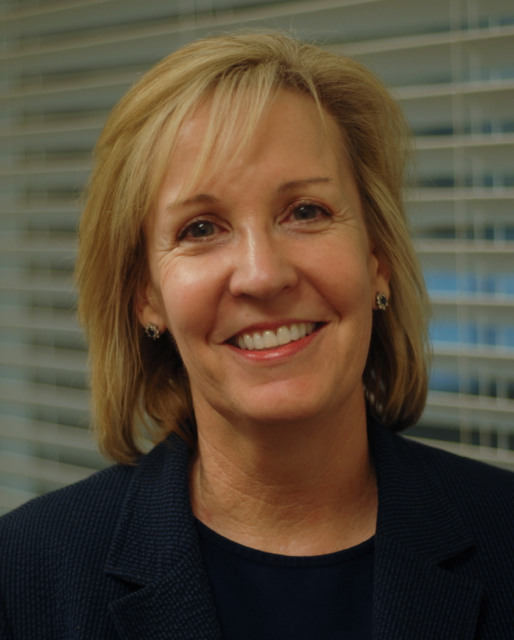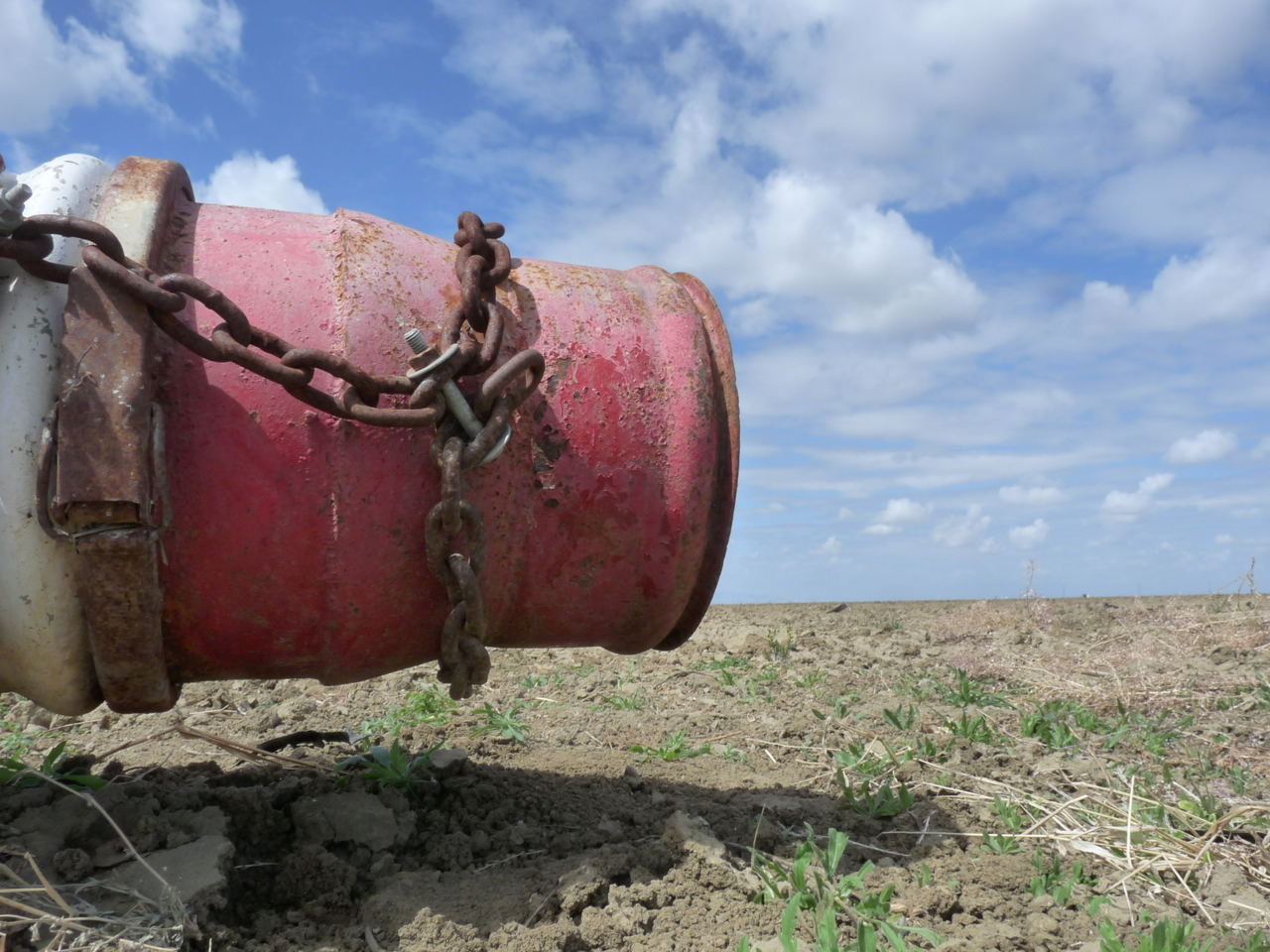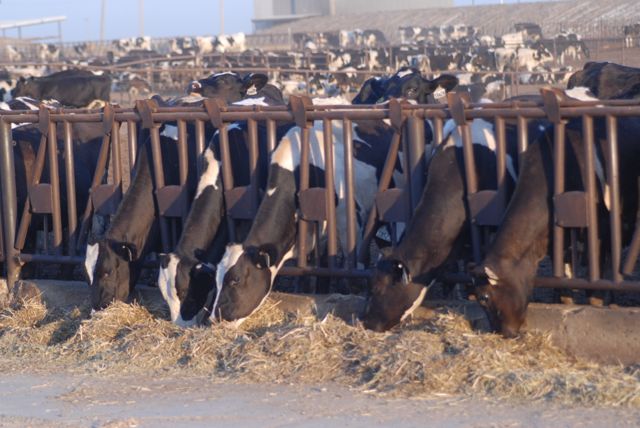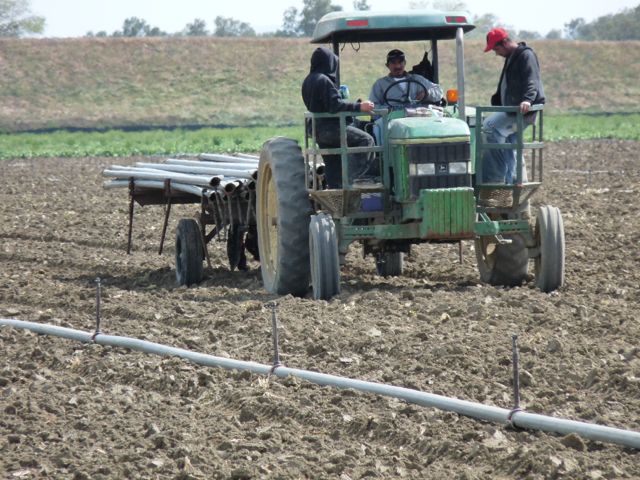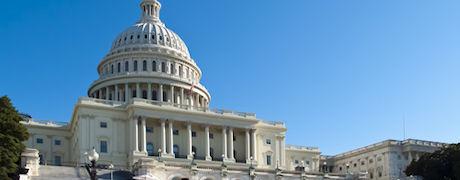California Table Grape Commission
Kathleen Nave on the Table Grape Commission
By Charmayne Hefley, Associate Editor
Before the California Table Grape Commission was established in 1968, only 1.7 pounds of grapes were consumed per person annually, according to Kathleen Nave, president of the organization. She said the Table Grape Commission began at the request of growers working with California’s legislature to better promote grapes. Today’s annual consumption rate is 8 pounds of grapes per capita.
“I had talked to some of the founding fathers back in the late 50s, early 60s,” Nave said. “They told me there were so many changes happening in the world and in the retail environment at that time, they were afraid of losing the land their families had immigrated to from around the world. So they wanted to come together and pool a little bit of money from every box of grapes they sold to be overseen by the state of California and a board of table grape grower directors to increase demand for their product. “To this day, the Table Grape Commission is still governed by growers who are nominated by their peers in each district in which grapes are grown in the state,” Nave said, “and it is all overseen by the California Department of Food and Agriculture.”
While the Table Grape Commission continues to promote table grapes and to create a domestic demand for them, Nave said the Commission is reaching beyond this basic consumer base, to foreign consumers. “Everything we do is designed to create demand,” Nave said, “to get that retailer to put more California grapes on the shelves, to promote and advertise them more often, to encourage that importer to bring grapes in, and to get consumers to go into their grocery stores and ask, ‘Where are the California grapes?’”

